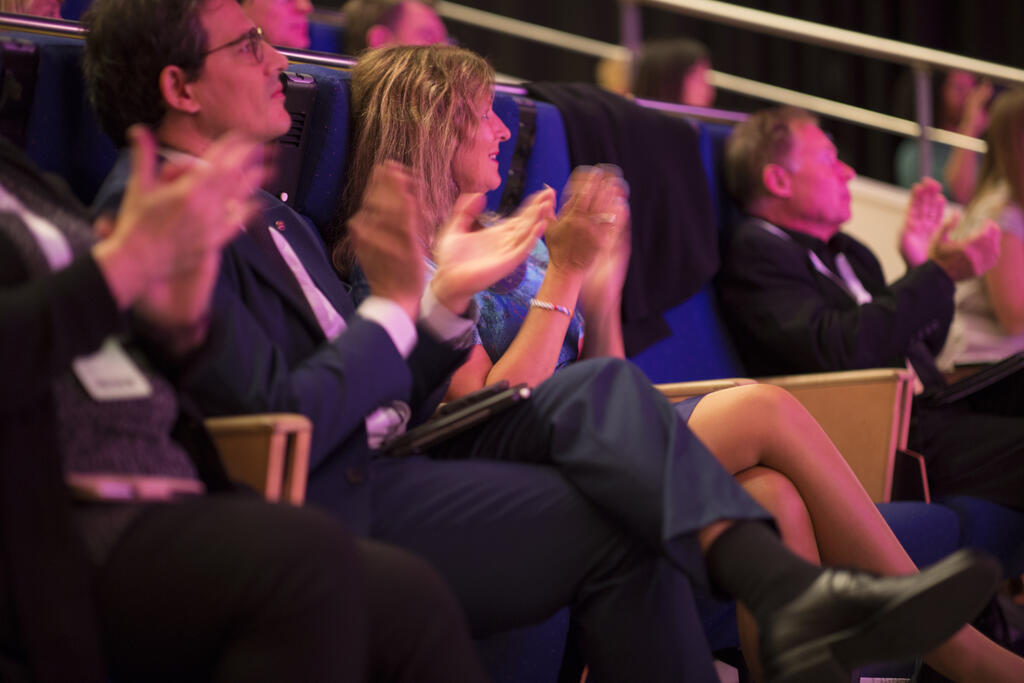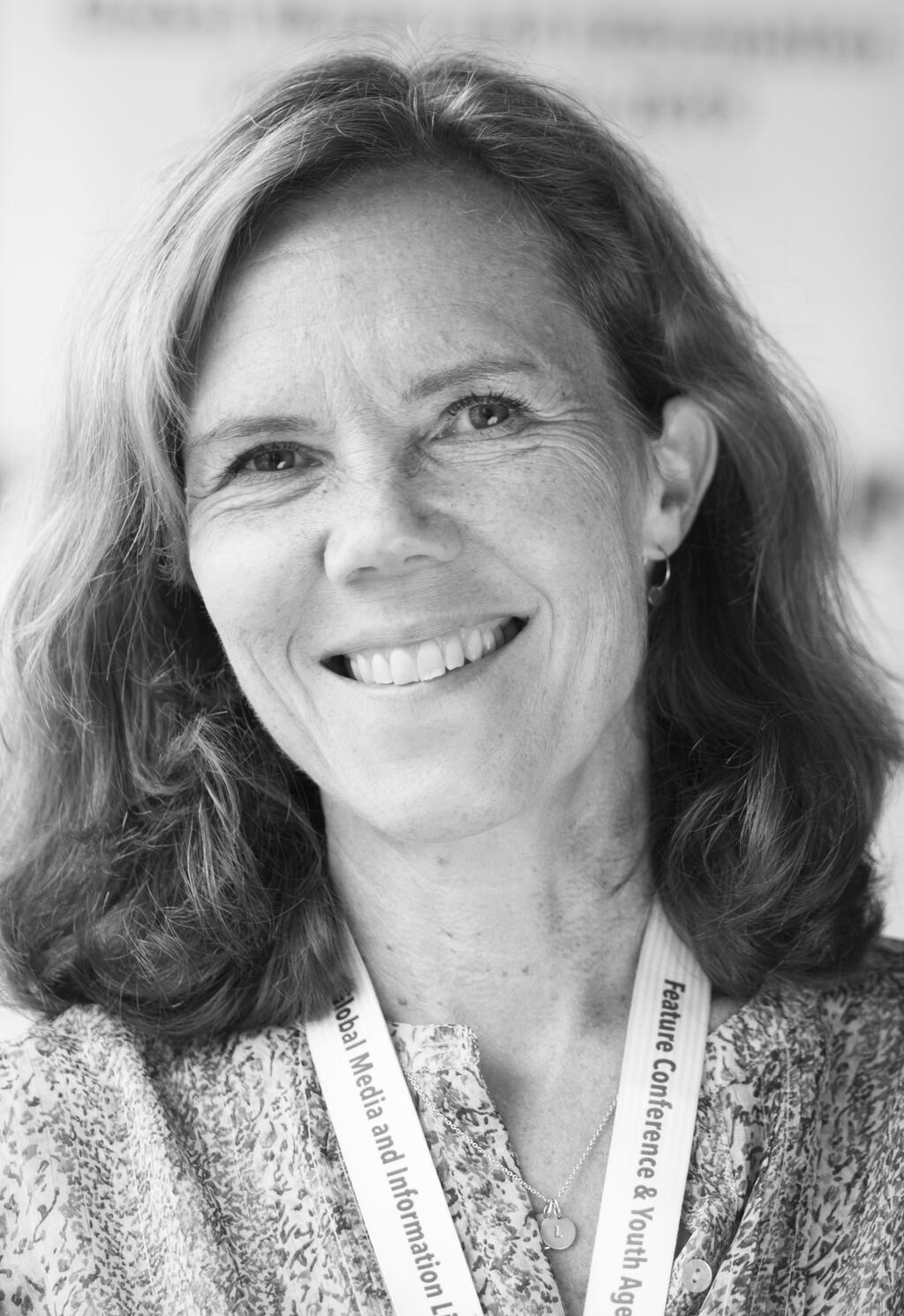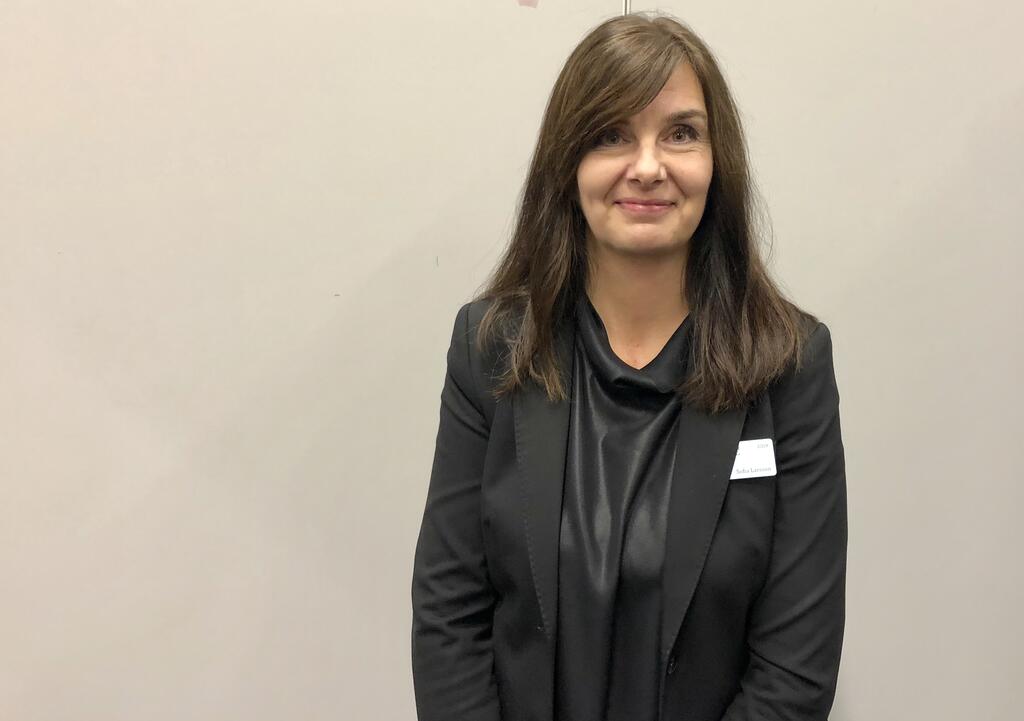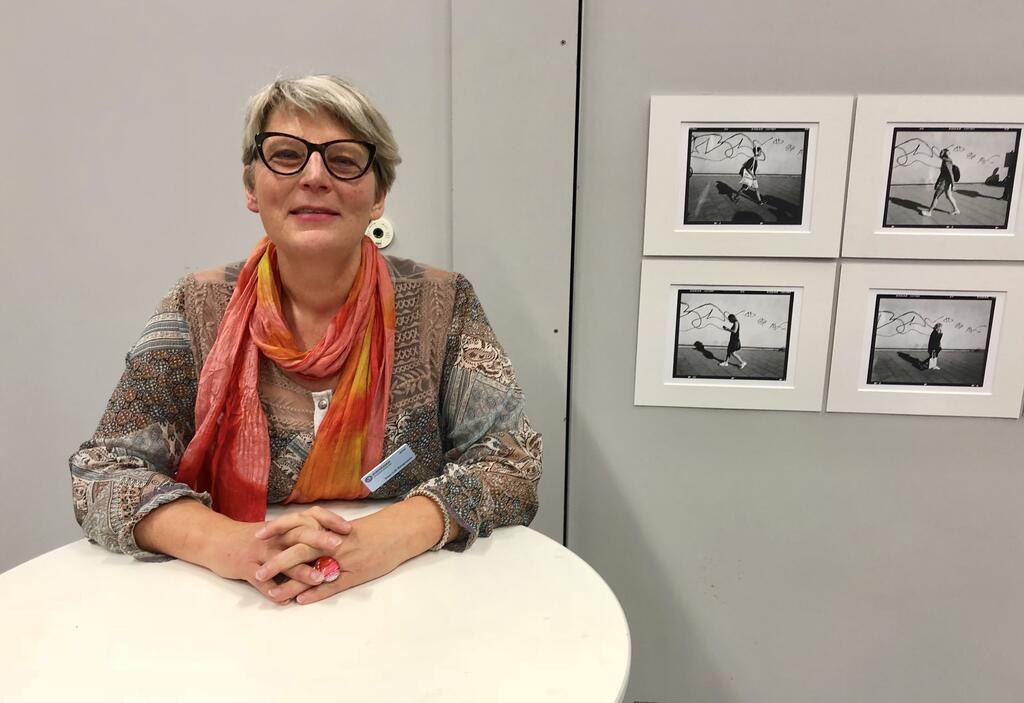Participants from 55 Countries at MIL Days in Gothenburg
During and in connection with the annual book fair in Gothenburg, there was a heavy focus on media and information literacy MIL. It was arranged in part by Global MIL Week 2019 Feature Conference and Youth Agenda Forum. It was also part of the book fair's them of media literacy. Medier & demokrati contributing by setting the agenda.

24-31 October was Global MIL Week 2019 – with Unesco as an international hub. Its Feature Conference and Youth Agenda Forum were already held on 24 and 26 September respectively at the Swedish fair in Gothenburg. It was the ninth time that a similar global conference on media and information literacy was held. There were nearly 300 participants from 55 countries present to share knowledge, experience, practice and stimulate cooperation. The conference began in the days leading up to the book fair and the theme continued during the fair itself - under the collective heading Media Literacy. Youth Agenda Forum was led by an international constellation of participants between ages 18 and 30 and was held during the first day of the fair.
Conference participants were from the following categories:
- Researchers within disciplines such as information science, media and communications studies.
- Representatives for public agencies and interest organisations.
- Teachers, librarians and Unesco representatives for various parts of the world.
- The response has been very positive, explains Catharina Bucht of Kultur i väst and project manager for the main conference.
What are you most pleased with?
– That we were able to provide a meeting for representatives from different parts of the world who are engaged and involved in the work with MIL in various ways as an important issue for democracy. Even if we have different approaches or work on different levels, we have a great deal to learn from what other are doing or have done. And the fact that it really became a global meeting with speakers and participants from so many countries.
Is there anything that you think should have been done differently in retrospect?
- No, not immediately. It is important to remember that it's Unesco's conference that we hosted. It has its form and structure and all of the planning has taken place in close coordination with Unesco in Paris.
What do you hope will be the lasting effects?
- With respect to the conference: that participants have gotten the opportunity to learn from others, hopefully gained new insight and maybe established new collaborations. The feeling of being strong in your work going forward with increased media and information literacy and that it is a relevant subject throughout the world with which you can work in various ways and on various levels.
- With respect to the theme at the book fair: That the visits gained additional knowledge about or a broader understanding of what media and information literacy is. That it is basically about fundamental human rights, such as freedom of expression and freedom of information, capabilities that are essential for everyone, in all age groups, in a well-functioning democracy. And that there are many parties who work actively with this, to learn about everything good that is being done.
Contribution from Medier & demokrati's network
Medier & demokrati has participated in the idea process and shaping of the agenda as a research and innovation programme - and thus as a platform for collaboration between the media and academics. Medier & demokrati has been able to contribute with relevant participants from the programme's network. Two of them are Sofia Larsson from RISE Interactive in Piteå and Inta-Lill Bengtsson from Kb Mosaik of Kristianstadsbladet. Sofia Larsson was one of the panel participants in a seminar on source criticism and credibility. Inga-Lill Bengtsson was a panel participant in MIL seminar for newcomers.
What do you think were the key issues that you talked about, Sofia?
- The breadth was most interesting, to hear perspectives from different researchers and practitioners about challenges in talking about source criticism, how you strengthen it and how we can work together with the schools.
What did you contribute based on your role as a researcher and project manager?
- I showed two examples of concrete and practical collaborations in the innovation project where we worked together with upper secondary schools to develop prototypes and material for MIL. The one was 'Online literacy' - about malicious content online - that resulted in a prototype of material that teachers can use in class. It allows the students to work playfully based on their identity and their vulnerabilities and to learn in a group about influence strategies that they can encounter online. There was also 'Snackis', which is a prototype in the collaboration between the school and local newspaper where students are given the power over which local news is published in the school and the student editorial staff can create mini questionnaires each day for the students.
Were there any parts of the programme segment that you found informative and inspiring? If so, which ones?
– All of the parts were interesting and I was particularly inspired by everything to continue creating research and innovation projects where the collaboration includes members of the media, researchers and schools, which I think is very beneficial for all parties involved.
Inga-Lill: what are the most central issues in the MIL segment for newcomers?
– One was: what do we mean by newcomers? They have very different backgrounds and conditions. Some have extensive educational backgrounds and others have had no schooling at all. So, the conditions for MIL vary and appropriate adjustments are necessary. It is about newcomers' need to learn information and news as well as to understand and interpret what they hear/read correctly. We talk a lot about freedom and democracy, but how I can practice democracy depends on what information I receive and how I can understand and interpret it. It is not enough to say that you are free. Knowledge about society is necessary in order to practice it.
What experience and knowledge have you been able to contribute as newspaper and website publisher (Kb Mosaik) where newcomers are a target group? After all, you meet many newcomers in their everyday lives.
– MIL is incredibly important. Not just in terms of having concrete digital competence, which many have, but also to be able to apply the knowledge in a context, how society functions, how media functions, source criticism or preferably source credibility, that there are sources that we residents and consumers can rely on more than others - but not without losing a critical approach. If you cannot find your way around in a society, your digital competence is irrelevant. Public agencies, schools, regions, healthcare and other parties must take into account that it is not only about free access to information; it must also be received. If you don't understand a society, you can interpret the information incorrectly. We at Kb Mosaik try via study visits, receiving various groups and being out and talking with newcomers in various contexts about media and Swedish society, and we write about and highlight these issues in various ways.
Were there any parts of the programme segment that you found informative and inspiring?
– Yes, but maybe more than a confirmation that what we are doing is right and that the library with, among other things, linguistic cafés, plays a key role for many newcomers. And that we are strengthened in our resolve that human interaction is so important for newcomers to become a part of society, gain a contact network, understand how society works. This is prerequisite for increased MIL.
How do you think MIL work can be strengthened in relation to newcomers?
– Within SFI, Swedish for Immigrants, civics and how the media in Sweden works, should be covered as early as possible. Many newcomers come from countries without functioning freedom of the press and expression. How can they dare to make their voices heard? If you feel confidence, you feel respected and at home in society, you also want to participate. More meeting places for swifter and better inclusion and there are organisations as an excellent way to join a society.
ABCs of the MIL Event in Gothenburg
-
Region Västra Götaland was the local host for Feature Conference and Youth Agenda Forum in collaboration with the University of Gothenburg and the Swedish Unesco Council.
-
It was also part of the work with the book fairs thematic initiative on media literacy. Other organisers included Kommittén Nationell's initiative on media and information literacy and the democratic discussion, the Swedish Teachers' Association, the Swedish Media Council, the Swedish Library Association and Utbildningsradion.
Photos: Ann-Charlotte Rugfelt Ferm and Martin Holmberg




